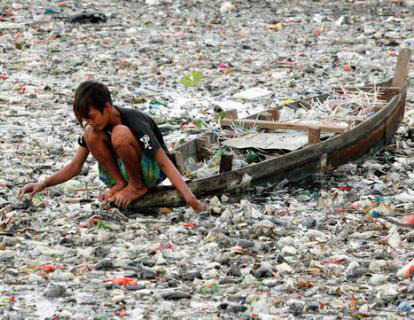How many times have you noticed over packaged products? If you google “over packaging” it will yield a huge amount of unimaginably over-packed goods like a single shrink wrapped banana on a Styrofoam tray, a single ear of corn, a small USB key in an 8X11” package, individually wrapped single pills or festive chocolates, and so on.
Most of us recycle our plastic and paper but I was surprised and disappointed to know that a lot of the packaging we recycle reaches the land fill! I came across a CBC programme on over-packaged goods where they featured the WrapRage Awards. They had tested packages in the areas of 1. Frustration (with opening) 2. Wasteful , and 3. Dangerous. Apart from the difficult and frustrating aspects of the packaging, the toll on our environmental is colossal. In the same programme the CBC journalist interviewed the project manager at a recycling plant in an Ontario town and the manager explained that plastic packaging that didn’t have a recycling symbol on it reached the land fill as they didn’t know what kind of plastic it was. A lot of paper that is stuck or sometimes fused on to one side of plastic packaging reaches the land fill too.
According to a study conducted in 2004 by Stats Canada “Canadian households produced 13.4 million tonnes of waste. Nearly three-quarters (73%) of this waste was sent for disposal, according to Statistics Canada's 2004 Waste Management Survey, while the rest was recycled”
Most of us blame the large companies that don’t care about their packaging policies but it is medium and small companies that do the same as well. But all that said, the public needs to become more responsible for what and how they choose to shop.
It’s not just fossil fuels we should worry about. We can all contribute to a more sustainable environment starting with the little things we personally use at home and at work; our investments need to be in environmentally friendly products and services.


No comments:
Post a Comment